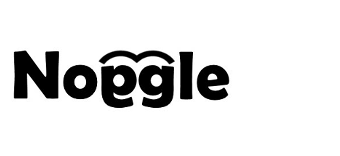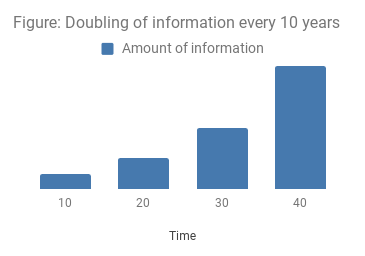Press release: Knowledge as a success factor
The knowledge of the world doubles every ten years. Quantitative knowledge grows exponentially, qualitative knowledge linear. How can companies remain successful and identify relevant knowledge?
Transactive knowledge ensures success
It must be possible to generate, store, transfer and increase the required expertise at reasonable cost, at the right time, at the right place. Transactive knowledge is the knowledge of others’ knowledge. By sharing knowledge, knowledge systems emerge. These facilitate the coordination of the know-how and the task. Know-how must always be shared. For this, people must have the opportunity to exchange ideas. Teams with knowledge opportunists lose against knowledge-cooperative teams. There is no future for companies that can not create a framework in which expertise can be exchanged successfully.
Design of transient knowledge
Specialization is necessary through information growth. The tasks are so challenging that knowledge workers must join together in teams. They have to cooperate and share their knowledge generously. They have to form complex and dynamically changing networks. Lars von Thienen, of Noggle AG, is working on this topic with his tool “Noggle”, “In companies, many people have a lot of know-how and create new input. Even the colleague on the next floor has no access to this expertise. There is usually no time on a working day to be in conversation with colleagues and build up transactive knowledge. Digital tools have to close this gap by making knowledge searchable, identifying experts in the network, and highlighting their content. Networks and framework conditions for the economic transfer of knowledge can be created.”
Knowledge growth and its impact
Knowledge must always be acquired more quickly, correctly passed on, linked and re-produced. The world’s expertise is growing exponentially, doubling every 10 years. Every day almost 500,000 books are published. The distance between quantity and quality increases. It will be harder to find and filter relevant knowledge. Modern knowledge workers do not have to know everything about their profession, but they need to know how to find reliable expertise to solve a problem.

